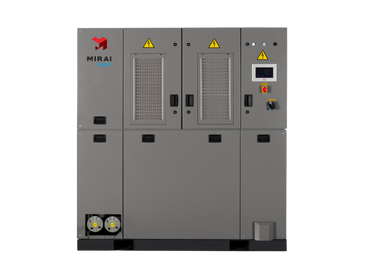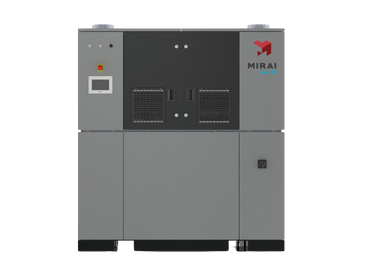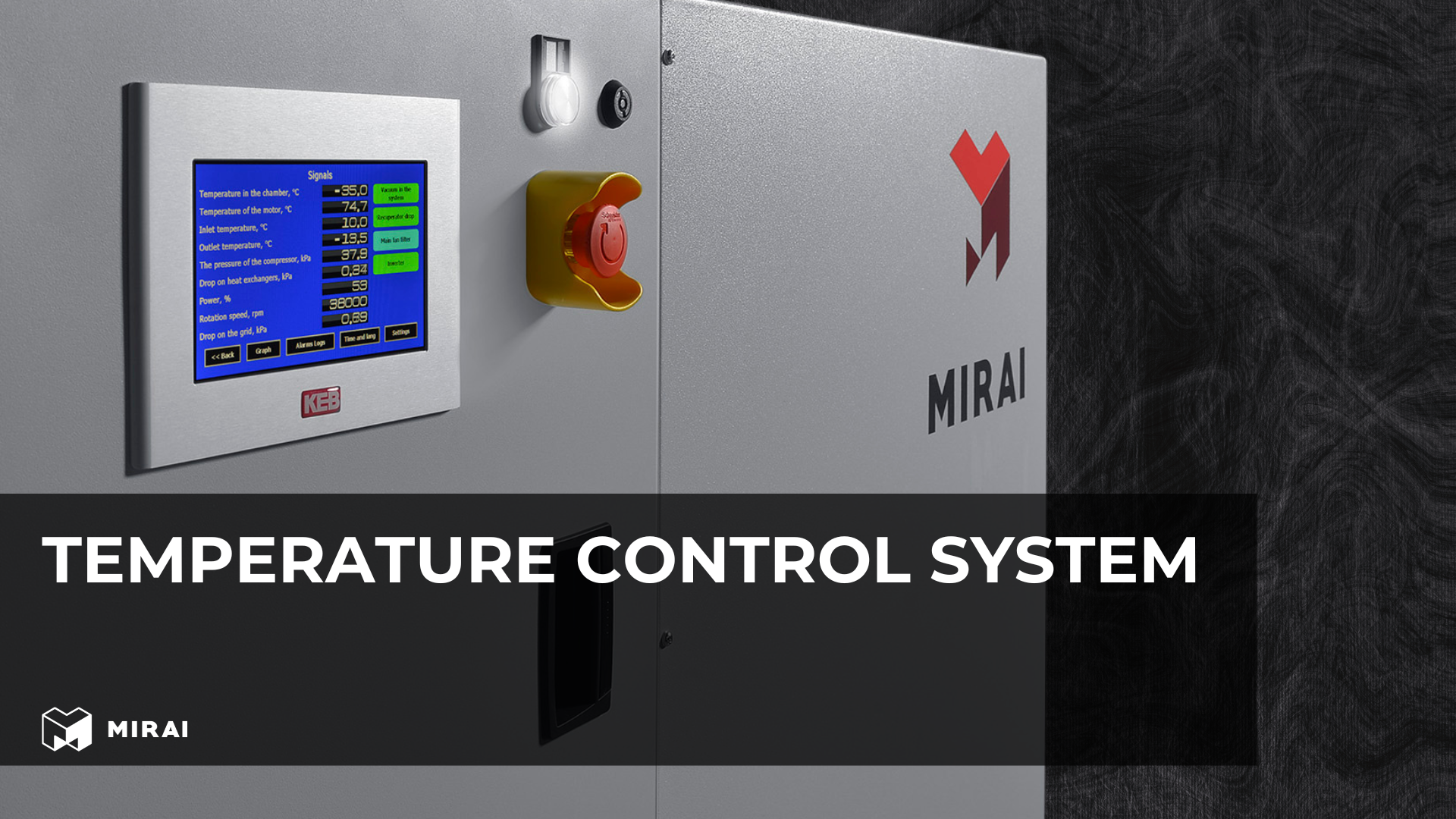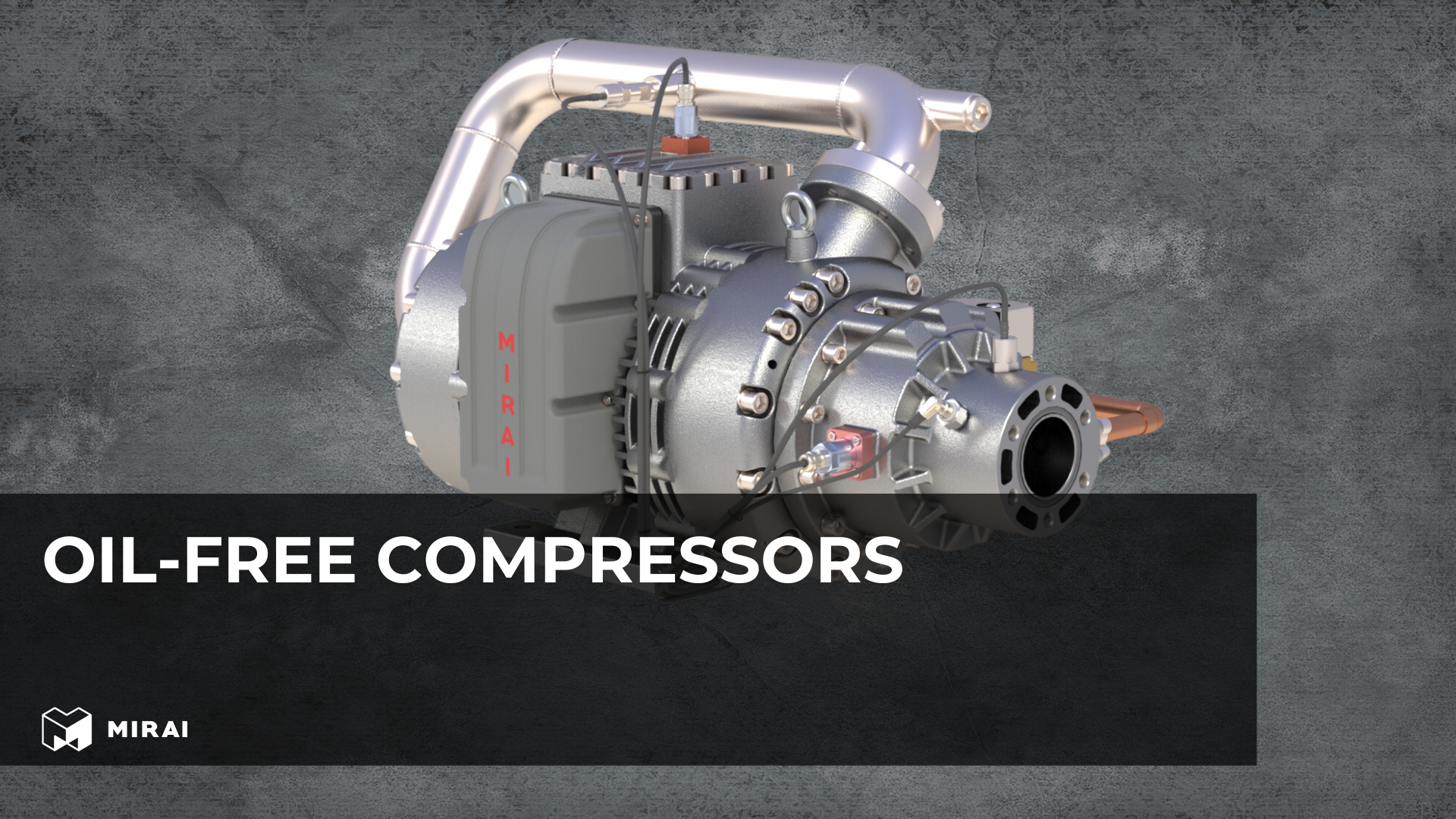Pharmaceutical cold storage
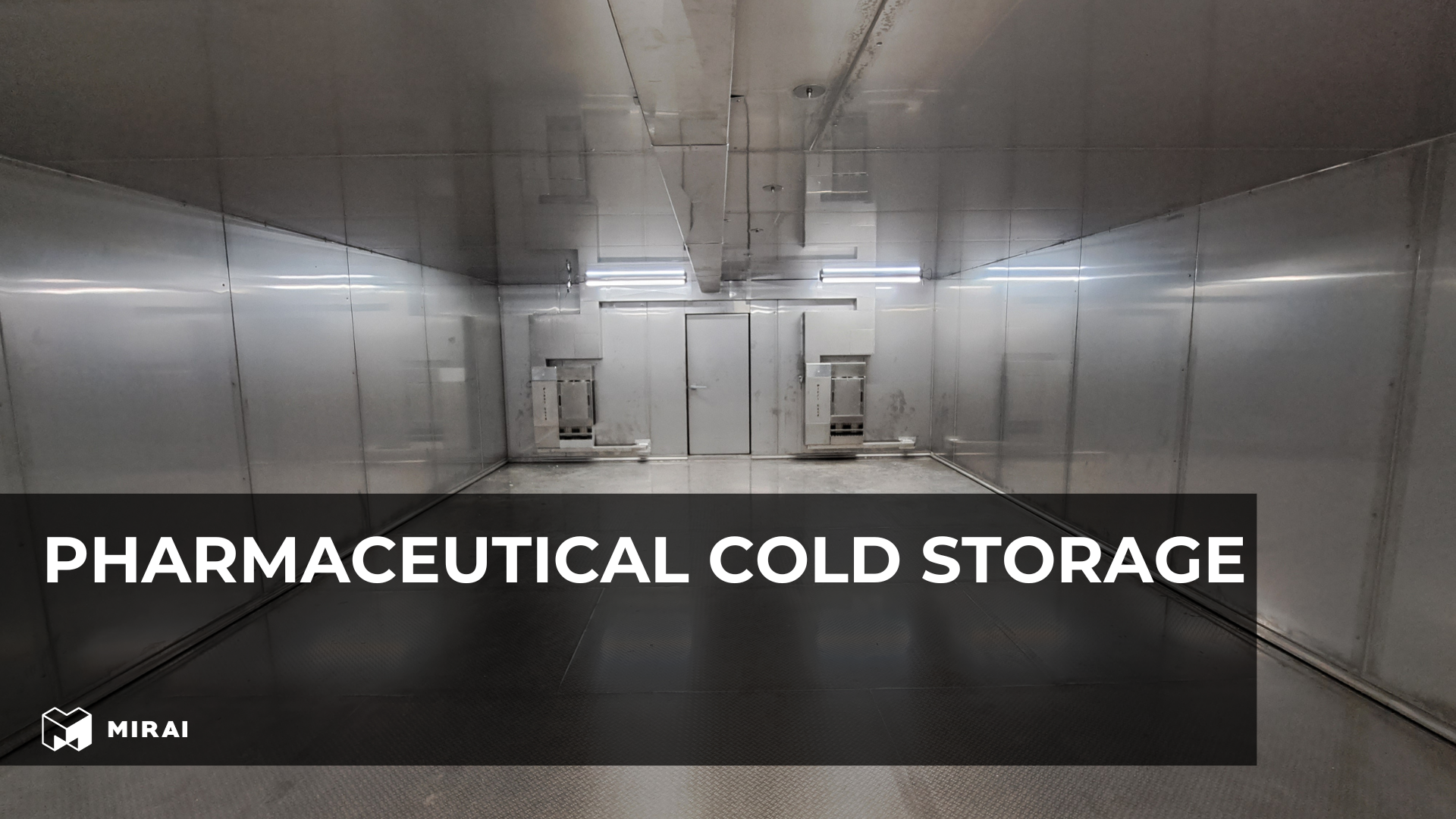
Pharmaceutical cold storage is a critical aspect of the healthcare and pharmaceutical industry, ensuring that temperature-sensitive products maintain their efficiency and safety from production to administration. The process of managing these temperature-sensitive products involves a meticulously planned and executed system known as the pharmaceutical cold chain. This article delves into the significance of maintaining proper temperatures, the types of cold storage, and the advanced equipment used, with a focus on the future innovations in this field.
The significance and dangers of temperature disruption for pharmaceuticals
Maintaining the correct temperature in pharmaceutical cold storage is paramount to preserving the potency and safety of drugs. Temperature disruptions can lead to significant degradation of pharmaceutical products, potentially rendering them ineffective or harmful. For instance, vaccines, insulin, and biologics require precise temperature-controlled environments to remain stable. Even slight deviations can cause a loss of efficiency, leading to public health risks and financial losses for pharmaceutical companies.
Temperature fluctuations can cause chemical changes, microbial growth, or physical alterations in drugs, impacting their stability and quality. Therefore, ensuring stable environmental conditions in pharmaceutical cold storage is essential for safeguarding public health and meeting regulatory requirements.
Pharmaceutical "Cold Chain"
The pharmaceutical cold chain is a sophisticated system designed to ensure that temperature-sensitive products are stored, handled, and transported under strict temperature-controlled conditions. This chain encompasses various stages, including manufacturing, warehousing, distribution, and final delivery to healthcare providers or patients.
Key components of the pharmaceutical cold chain include:
- Temperature-controlled storage: Maintaining appropriate conditions at every stage.
- Refrigerated and frozen transportation: Using vehicles equipped with refrigeration units to prevent temperature deviations.
- Cold chain logistics: Coordinating the entire process to ensure timely and safe delivery.
- Data logging and environmental monitoring: Continuously recording and analyzing temperature data to detect and mitigate risks.
- Mapping and validation: Ensuring compliance with regulatory standards through thorough testing and documentation.
Types of pharmaceutical cold storage
Pharmaceutical cold storage can be categorized based on the temperature requirements of different products:
- Refrigerated Storage (2°C to 8°C): Ideal for insulin, and certain biologics.
- Frozen Storage (-20°C to -40°C): Used for products that require a stable, frozen environment, such as certain drugs and biologics.
- Ultra-low Temperature Storage (-70°C to -80°C): Necessary for specific biologics and mRNA vaccines, like the COVID-19 vaccines.
- Cryogenic Storage (-150°C and below): Used for preserving biological samples, stem cells, and certain gene therapies.
Each type of storage demands specialized equipment and stringent monitoring to ensure the integrity of the products.
Equipment for Pharmaceutical Cold Storage
Ensuring the reliability and effectiveness of pharmaceutical cold storage requires advanced equipment tailored to maintain precise temperature conditions. The essential equipment includes:
- Refrigerators and Freezers: Specialized units designed for different temperature ranges.
- Ultra-low Temperature Freezers: Capable of maintaining temperatures as low as -80°C.
- Cryogenic Freezers or Cryo Cargo for transportation: Freezers are used for long-term storage at ultra-low temperatures, employing liquid nitrogen or other cooling technologies, but there are other alternatives to transfer pharma samples effectively and safely. Great example of an eco-friendly solution in pharma transportation is CryoCargo from Thomaidis with ultra-low refrigeration units from Mirai Intex.
- Temperature-controlled Warehousing: Facilities equipped with state-of-the-art cooling systems like Mirai Intex and environmental monitoring tools. Mirai Intex has a huge experience in the pharma sector with the leaders of this field.- Data Loggers and Monitoring Systems: Devices that continuously track and record temperature data, sending alerts in case of deviations.
- Alarm Systems: Integrated systems that provide immediate notifications of temperature breaches to ensure timely corrective actions.
MIRAI products for pharmaceutical cold storage
Mirai is at the forefront of innovative cold storage solutions, offering a range of products designed to meet the stringent requirements of pharmaceutical cold storage. Mirai Intex can confidently state that many pharmaceutical market leaders have already been using Mirai Intex units for a long time and continue to work together on future projects.
In addition, Mirai can boast that Mirai machines have repeatedly been honored with awards such as Refrigeration Product of the Year, Refrigeration Innovation of the Year, Innovation of the Year and Natural Refrigerant Technology.
Because these companies understand more than anyone the importance and responsibility of the task of storing drugs at a constant super low temperature. Moreover, it must be efficient, reliable, safe and environmentally friendly.
Mirai will find what to offer the customer with any request, having a very large range of machines that are suitable for storage tasks of different volumes and conditions and not only storage, but also lyophilization, transportation and much more, not only in the field of pharma.
Projects that can be published are available on the page references.
Requirements for pharmaceutical cold storage facilities
Pharmaceutical storage facilities must adhere to rigorous standards to ensure product integrity and regulatory compliance. Key requirements include:
- Temperature Control: Facilities must maintain specific temperature ranges for different products, employing reliable refrigeration and monitoring systems.
- Validation and Compliance: Regular validation of equipment and processes ensures adherence to regulatory standards and quality assurance.
- Environmental Monitoring: Continuous monitoring of temperature, humidity, and other environmental factors is essential for maintaining product stability.
- Inventory Management: Efficient systems for tracking and managing inventory to prevent overstocking, understocking, and product expirations.
- Security: Ensuring secure access to storage areas to protect against theft, tampering, and unauthorized entry.
The future of pharmaceutical cold storage
The future of pharmaceutical cold storage lies in leveraging advanced technologies and innovative solutions to enhance efficiency, reliability, and compliance. One of the most promising advancements is the utilization of smart cold rooms.
Utilization of smart cold rooms
Smart cold rooms represent the next generation of pharmaceutical cold storage facilities, integrating cutting-edge technology for superior performance:
- IoT-enabled Monitoring: Internet of Things (IoT) devices provide real-time monitoring and data logging, offering insights into temperature variations and environmental conditions.
- Automated Alerts and Alarms: Advanced systems automatically send notifications in case of temperature deviations, reducing response times and preventing product spoilage.
- Predictive Maintenance: Using data analytics, smart cold rooms can predict equipment failures and schedule maintenance, minimizing downtime and ensuring continuous operation.
- Energy Efficiency:Optimized cooling systems and energy management solutions help reduce energy consumption and operational costs.
- Enhanced Compliance: Automated documentation and reporting streamline compliance with regulatory standards, reducing the risk of non-compliance and associated penalties.
Smart cold rooms not only enhance the safety and efficacy of pharmaceutical products but also contribute to more sustainable and cost-effective operations.
Conclusion
Pharmaceutical cold storage is a vital component of the healthcare industry, ensuring that temperature-sensitive products remain safe and effective throughout their lifecycle. From the pharmaceutical cold chain to the advanced equipment and stringent requirements, every aspect plays a crucial role in maintaining the integrity of drugs and biologics. As technology continues to evolve, the future of pharmaceutical cold storage promises even greater reliability, efficiency, and compliance, with innovations like smart cold rooms leading the way. By embracing these advancements, the industry can better protect public health and deliver high-quality pharmaceutical products to those in need.
